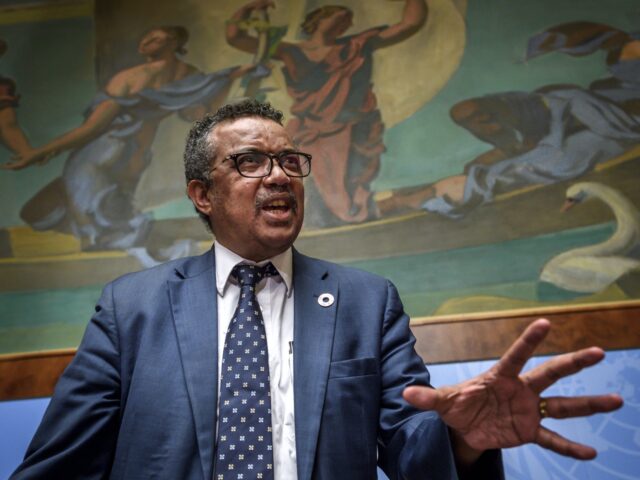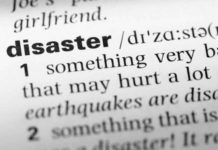
Despite the emergency committee’s members being divided, WHO Director-General Tedros Adhanom Ghebreyesus decided to make the proclamation. It was the first time the head of the UN health organization had done something like that.
Monkeypox has existed in some areas of central and west Africa for decades, but until May, when officials discovered dozens of infections in Europe, North America, and other places, it was not known to cause significant outbreaks outside of the continent or to spread significantly among humans.
When a worldwide emergency is declared, it signifies that the monkeypox epidemic is a “extraordinary event” that may spread to other nations and necessitates a coordinated international response. For public health emergencies like the COVID-19 pandemic, the 2014 West African Ebola epidemic, the Zika virus in Latin America in 2016, and the continuing campaign to eliminate polio, WHO has already proclaimed emergencies.
Can be Spread by ‘Clothes, Bedding or Sex Toys’: Gay Dating App Grindr Sends Monkeypox Virus Warning to Usershttps://t.co/AZKB84anAg
— Breitbart London (@BreitbartLondon) May 26, 2022
The emergency declaration mainly acts as an appeal to focus more resources and attention on an epidemic on a worldwide scale. Given that the U.N., previous statements have a range of effects. Health agencies have little success in persuading nations to take action.
The WHO expert committee met this week to review the situation after stating last month that the global monkeypox epidemic did not yet qualify as a global emergency.
As stated by the U.S. According to the Centers for Disease Control and Prevention (CDC), since mid May, 74 nations have recorded more than 16,000 cases of monkeypox. Deaths from monkeypox have only been documented in Africa, where a more severe strain of the virus is primarily spreading in Nigeria and the Democratic Republic of the Congo.
In Africa, rats and other wild animals carrying the virus are the major source of the disease’s small, usually non-international epidemics among humans. However, monkeypox is spreading among humans who have no connections to animals and haven’t recently visited Africa in Europe, North America, and other places.



